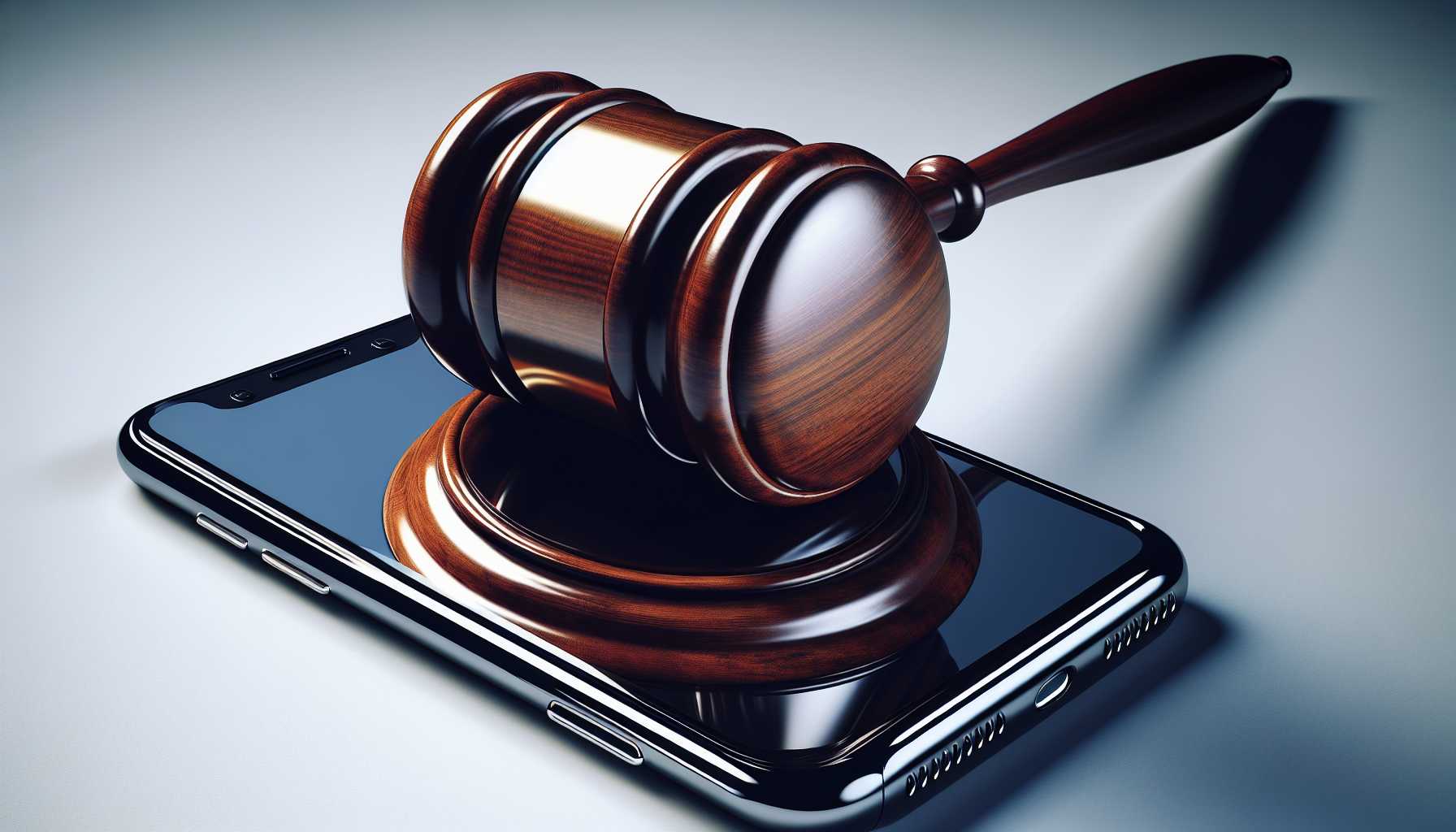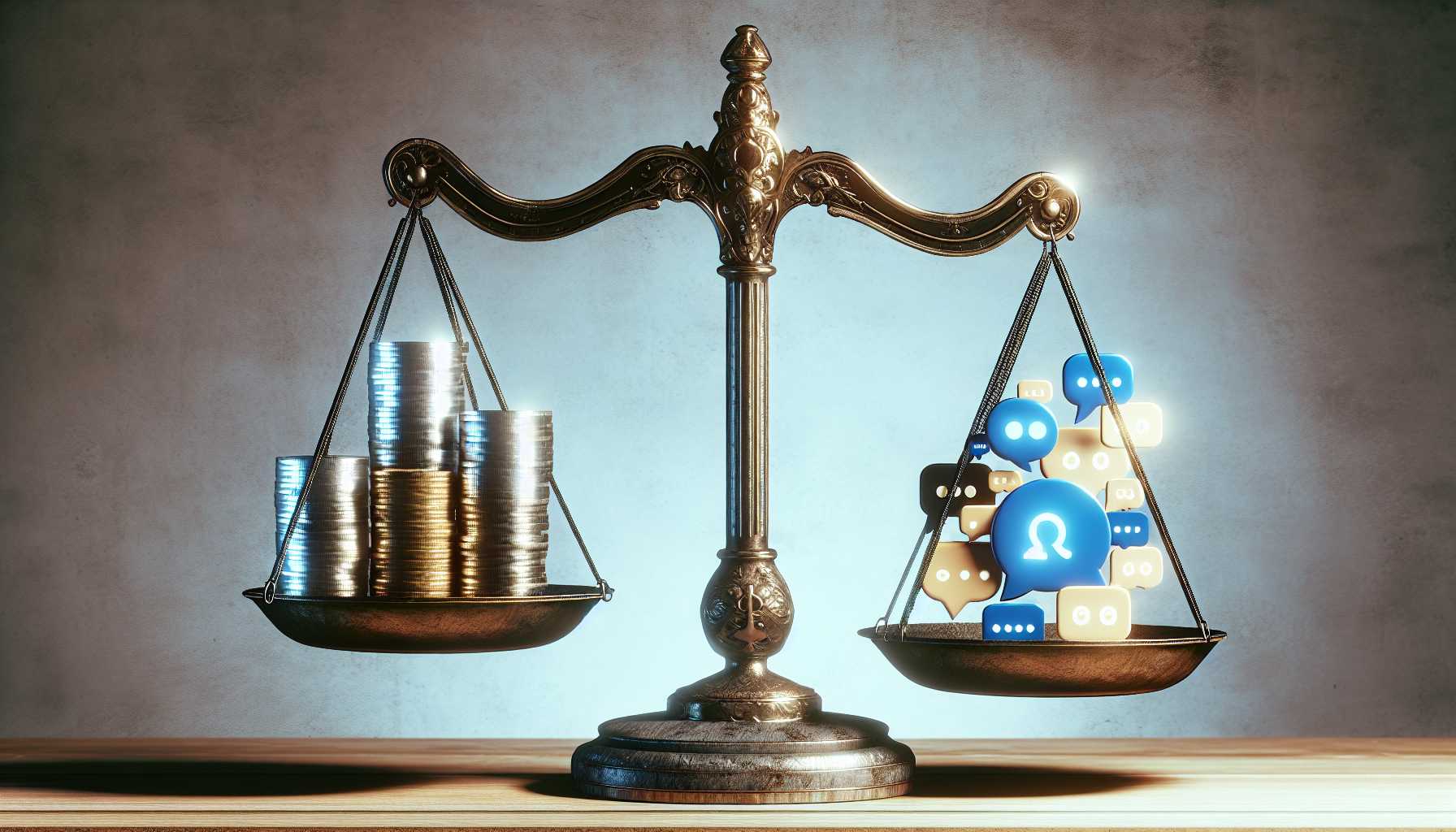The Settlement Story: From Suspension to $25 Million
In a move that echoes the intricacies of the digital labyrinth, Meta has agreed to pay a whopping $25 million to settle a lawsuit with former President Donald Trump. The legal skirmish traces its roots back to 2021 in the aftermath of the January 6 attack on the US Capitol, a day that reverberates in the annals of modern history. Meta, then Facebook, took the bold decision to suspend Trump’s accounts, justifying its actions amidst rising concerns over the potential risks of allowing the President to broadcast messages during a volatile period. As technical jargon aficionados might put it, think of it as a “soft fork” in the social media blockchain of truth and opinion.
This legal settlement, which Meta insists does not constitute an admission of guilt, redirects $22 million of the payout towards the funding of Trump’s presidential library. The remaining cash will flow to legal fees and co-plaintiffs wrapped in this digital drama, painting a fiscal mosaic worth pondering. What catches the eye is not just the hefty price tag, but the strategic calculus involved in this high-stakes game where the intersection between politics, social media, and corporate power creates ripples far beyond the realm of logical algorithms.
Rebuilding Bridges: Tech Titans Cozy Up to Trump
The détente between Meta CEO Mark Zuckerberg and the Trump administration is a subtler game of digital diplomacy. Following Trump’s re-election, Zuckerberg has made conspicuous gestures of goodwill, aiming to reconnect with the 47th president. Political observers with a penchant for sensational stories would note that such gestures include his attendance at Trump’s inauguration and contributing a cool $1 million to the inaugural fund—a tactful chess move in the corporate political gambit.
The tech world’s grandmasters—think Amazon, Apple, Google, Meta, Microsoft, OpenAI, and Uber—seem to be following a similar playbook. All made sizable contributions to Trump’s inauguration event. Yet, it coincides with their continued scrutiny under federal regulatory lenses for antitrust concerns and privacy violations—a paradox of cozy alliances and contentious compliance. People like Democratic Senator Elizabeth Warren frame it as a grandiose charade, hinting that it symbolizes corruption in full bloom like a ransomware attack on ethical governance. How tech firms wield their softly-gloved hands to make amends and navigate the jittery political terrain will be captivating, to say the least.
The Social Media Battlefield: An Ongoing Divide
Cue flashback to mid-2021, when Trump launched strategic legal artillery against social media giants, following their suspension of his accounts. Meta was not alone in feeling the Trumpian cannonade. Twitter (now called X in a nod to its ambitious rebranding), YouTube, and their executives also found themselves in a legal skirmish field. However, like failed cybersecurity attacks against robust defenses, some efforts were thwarted—such as the federal judge dismissing Trump’s case against Twitter, and the temporary shuttering of his suit against Google, although rumors of its potential revival persist in hushed whispers.
This fascinating sequence mirrors the way social media companies wrestle with algorithmically complex decisions on public safety, freedom of speech, and political neutrality. The volatile terrain challenges them to recalibrate their strategic compass in this era of continual digital dialogue.
The Cost of Doing Business: What’s the ROI?
As sensors in the corporate zeitgeist ponder what Meta stands to gain from this pressing settlement, some predict intangible benefits that serve its long-term interests. Reinvesting in the presidential library, without directly admitting wrongdoing, could win goodwill points in the political arena—a territory as intricate and fraught with uncertainty as quantum computing algorithms.
The bigger question remains: Does this buy Meta any ticket of safety or leniency under the watchful eyes of regulators grappling with antitrust issues? In an industry where innovation and regulation dance a dizzying tango, the ramifications of substantial corporate settlements often remain shrouded in ambiguity. The perception of the corporate sector’s dealings with political figures, akin to packets zipping through the internet’s tangled networks, speaks volumes about the delicate balance between influence and backlash. As an investor observing this formidable beast, one must wonder how this will ripple through policies, stakeholder sentiments, and perhaps, future earnings reports.
Navigating New Waters: A Changing Digital Landscape
As part of an apparent regulatory appeasement, Google recently issued an edict to remap the Gulf of Mexico as the Gulf of America—an executive order from Trump, embraced with an unexpectedly strategic pivot. Time will tell whether it signifies acceptance or resistance to executive interventions in tech.
In our constantly shifting digital landscape, where change is the only constant, these developments signal how the crescendo of political actions, corporate strategies, and social media governance shape the chorale of the modern political economy. As the algorithm of history iterates on its coded timeline, these decisions could write new chapters in our digital age chronicles.
In closing, the $25 million question remains: Will Meta’s strategic compromise emerge as a symbol of harmony or a cautionary tale?





